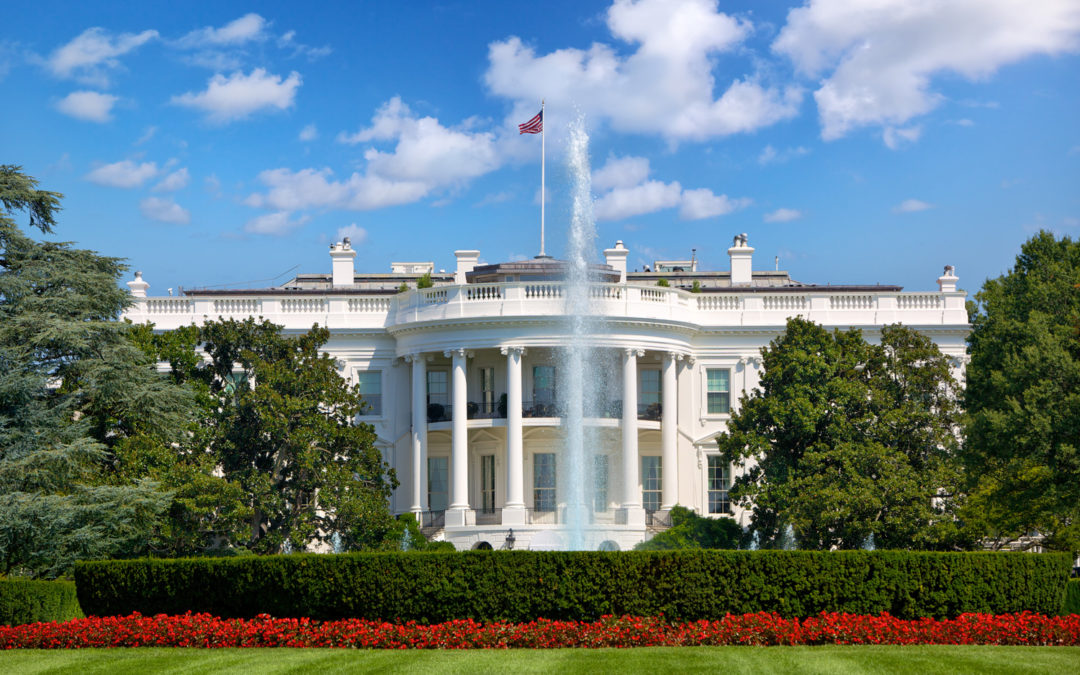For better or for worse, the suspense is finally over and our next president has been elected. Whether you are shouting for joy or crying your eyes out, what does this all mean for the stock market?
Many people are shocked that Donald Trump won. Based on concerns we’ve heard about how this election would affect the market, many people are probably just as shocked that the Dow Jones Industrial Average jumped up 1.4 percent (256 points) the day after the election, and the S&P 500 rose 1.1%. A lot of people were expecting a big drop in the market because that’s exactly what happened after the past two elections.
Could it be that after the past two elections the market was reacting negatively to news that our next president would be a Democrat, and that now the market is reacting positively to the election of a Republican? Don’t count on it. The market fell the day after George W. Bush was elected in 2000, and it rose the day after the re-election of Bill Clinton in 1996.
Historically, there has been no predictable impact on the market based on whether a Republican or Democrat takes office in the White House. Furthermore, the day after the election gives no indication as to how the market will perform over the next 12 months.
In fact, although the S&P 500 dropped 5 percent the day after Barack Obama won the presidency in 2008, over the course of the following 12 months the S&P 500 gained 26%. In 2012, the swing was even more dramatic, losing 3% the day after the election, and rising 32% over the next 12 months. Investors who exited the market out of fear that President Obama would be bad for the market missed out on some great returns.
However, the market doesn’t always turn around after the election of a new president. The day after George W. Bush was elected in 2000, the S&P 500 lost 2%, then proceeded to lose over 20% during the next 12 months.
Did President Bush’s election cause the market to drop so dramatically, or was it just unlucky timing for him to inherit the tech stocks crash of 2000 and the aftermath of the September 11 terrorist attacks during the first year of his presidency? Perhaps we give too much credit to the election for the rise and fall of markets, when in reality other totally unrelated forces have a much larger impact.
According to Bloomberg, “In the 22 elections going back to 1928, the S&P 500 has fallen 15 times the day after polls close, for an average loss of 1.8 percent. Stocks reversed course and moved higher over the next 12 months in nine of those instances.”
Historically the market has been a little more volatile in the days and weeks following a presidential election, but there is no reliable way to predict whether this volatility will be primarily positive or negative, and the long-term impact is even less predictable.
Will the election of Donald Trump be good for the market long-term? No one knows, but whether the market surges or crashes in the short run, we can hardly give him credit for either outcome.
Despite the uncertainty of the market and the impact of this election, we can be certain of one thing—people who base their investing decisions on short-term predictions and their emotional reaction to the news tend to earn much less in the long run than investors who stick to a well-diversified strategy through thick and thin. Historically the market has produced great returns through many changes in the White House for those who are disciplined and patient.
If you need help clarifying your goals or measuring what all of this means for you personally, we would be happy to help.
Disclosures:
The investment results presented are for illustrative and educational purposes only and are not intended to demonstrate performance of an actual portfolio over the periods cited. The S&P 500 is an unmanaged, market-weighted stock index based on the market capitalizations of 500 leading companies publicly traded in the U.S. stock market, as determined by S&P Dow Jones. Investors cannot invest directly in a market index. The performance of an index does not reflect investment fees and other charges associated with actual investing. Investing in equity markets involves risk, including the possibility that investments may decrease in value. Past performance is no guarantee of future results. Sources: http://www.bloomberg.com/news/articles/2016-11-07/don-t-worry-when-the-stock-market-goes-crazy-after-the-election. S&P 500 data is provided by Standard & Poor’s Index Services Group.
- Should You Invest At the Peak of the Stock Market? - August 5, 2021
- Our Thoughts on Bitcoin: Capstone Capital Wealth Advisors - May 12, 2021
- Are You Over-Insured? - September 12, 2017





